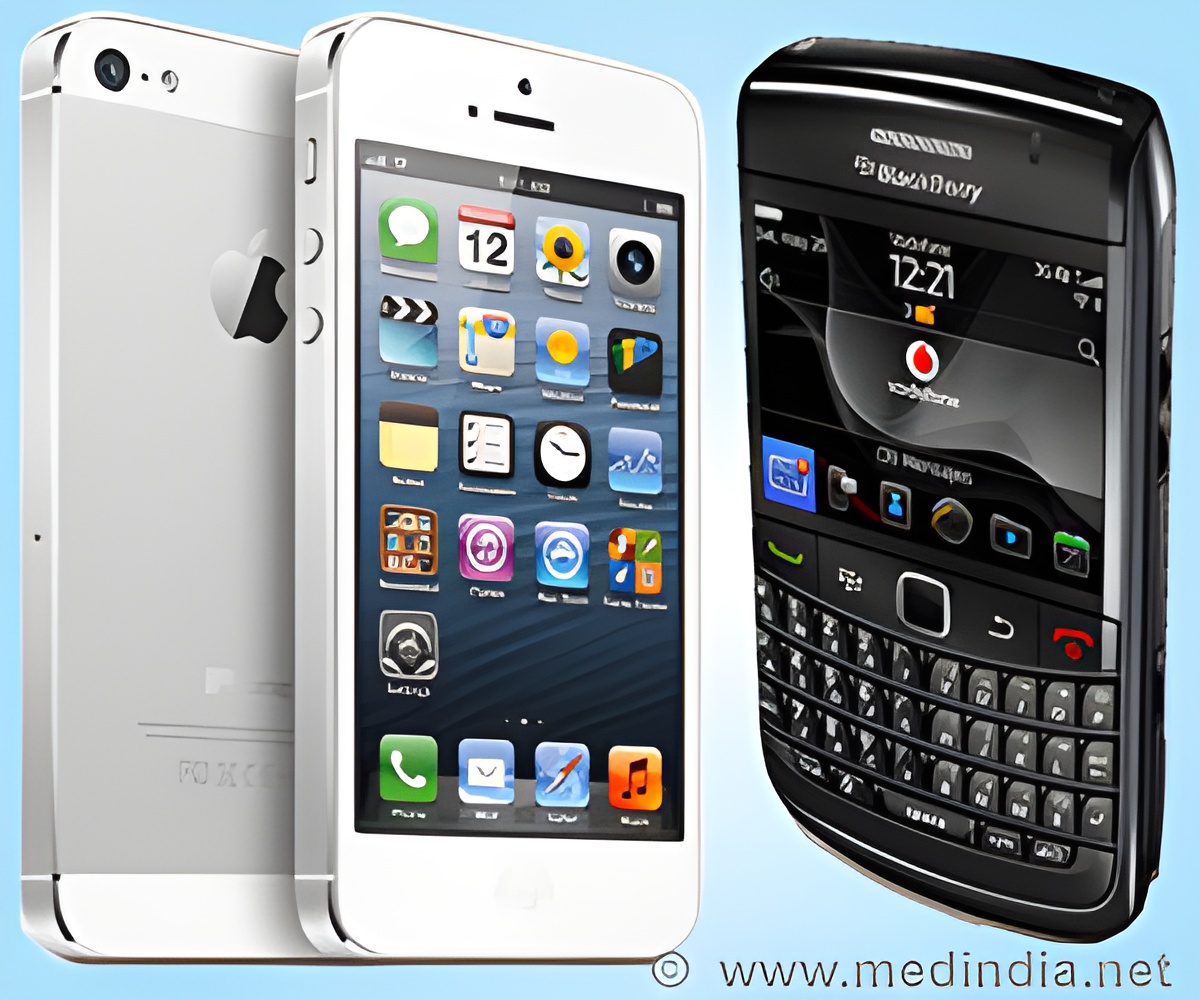Children in the US were using smartphone devices from the age of six months and some were using it for as long as 30 minutes.

Children younger than one-year of age were exposed to media devices in surprisingly large numbers- 52% had watched TV shows, 36% had touched or scrolled a screen, 24% had called someone, 15% used apps and 12% played video games. By two-years of age, most children were using mobile devices. Results also showed 73% of parents let their children play with mobile devices while doing household chores, 60% while running errands, 65% to calm a child and 29% to put a child to sleep. Time spent on devices increased with age, with 26% of two-year-olds and 38% of four-year-olds using devices for at least an hour a day. Finally, only 30% of parents said their child’s pediatrician had discussed media use with them.
Lead author Hilda Kabali said, "We did not expect children were using the devices from the age of six months and some children were on the screen for as long as 30 minutes."
The study was presented at the Pediatric Academic Societies annual meeting in San Diego
Source-Medindia
 MEDINDIA
MEDINDIA




 Email
Email






